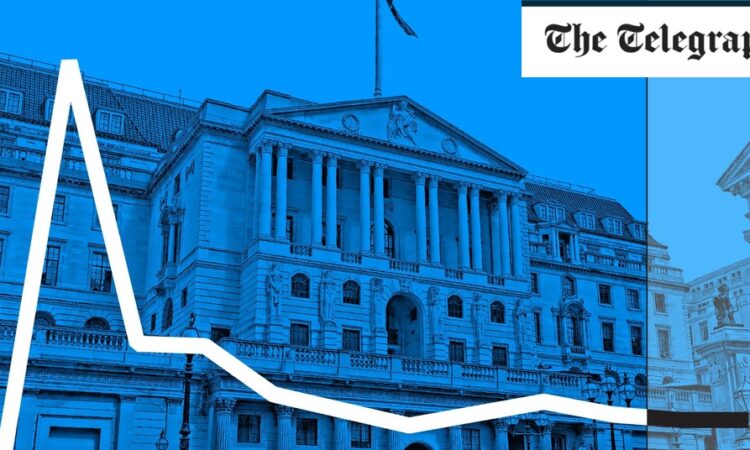
TS Lombard’s Mr Perkins says the Bank of England is haunted by false fears of a 1970s wage-price spiral, misreading what is really just a one-off jump in prices and pay that is over bar the shouting. “The whole 1970s narrative has been a giant head fake,” he said.
In fairness to the Bank, it is not responsible for the failings of the British economy over several decades. Britain’s political class is responsible, abetted by the commentariat. It has imported a Teutonic fiscal straight-jacket originally designed to police Club Med debtors in a currency union.
“We have an arbitrary fiscal rule that treats public investment as if it is bad. This is absurd,” said Mr Perkins. The two main parties have both accepted this destructive arrangement as if it were sacrosanct. Both are having to back away from their core strategies.
This is toxic in a democracy. It is not needed, either. The markets know the difference between bad borrowing for consumption, and good borrowing that lifts productivity, and that pays for itself through the multiplier. Bond vigilantes will discipline idiocy without any need for a fiscal watchdog.
The policy imperative is to raise investment as a share of GDP from 18pc to around 25pc, the levels reached by the OECD high-flyers. Kickstarting this cannot be done with a primitive fiscal rule.
Britain badly needs a national economic vision, whether Singapore writ large on the low-tax Right, or a high-octane industrial policy on the Left. Either would at least offer some path out of this death trap. The status quo is intolerable.






